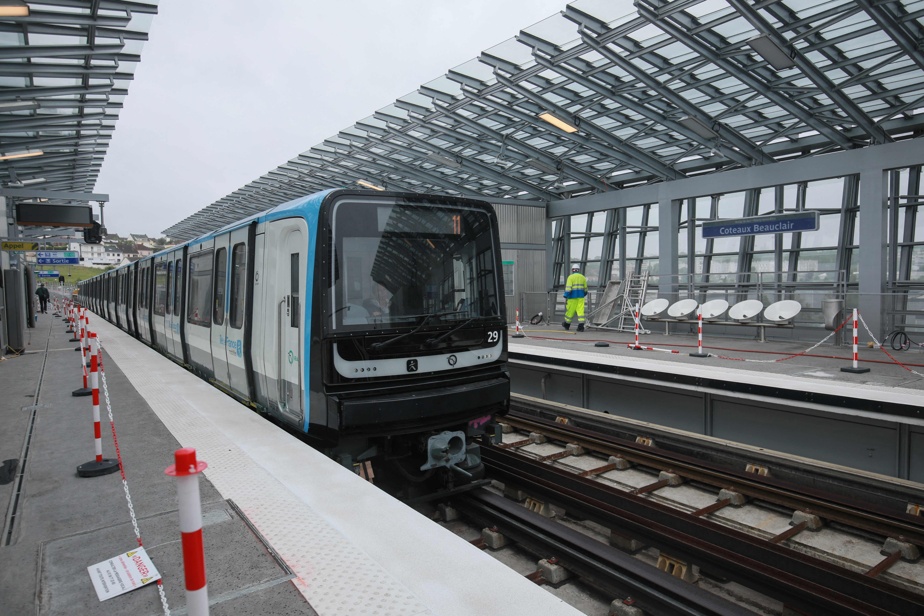
Raising taxes to better finance public transit is far from a unique debate in Quebec. In France, many cities have for decades sought to increase the tax collected from businesses in the context of development, but also to “recapture consumers”.
It was the turn of several French transport companies to testify before the Montreal Commission on Finance and Administration this Wednesday, in the wake of the consultation on metropolitan financing of public transport.
Taxes are already well-anchored to finance public transport, if the consensus is that it will continue to rise. Everywhere in France, there has been a “mobility payment” since 1973, i.e. a tax on payroll collected from companies with 11 or more employees.
The tax rate varies depending on the size of each municipality. For example, in Paris, it is set at 3.20%, while in Lyon it is 2%. In 2022, this payment made it possible to release 5.3 billion euros, almost half of the budget of Île-de-France Mobilites (IDFM), which manages public transport in the City of Light.
Despite everything, even today, “we need to increase this mobility payment, because it finances our activities and it allows us to improve the quality of the service”, confirmed Elodie Hanen, Deputy General Director in charge of the development of the IDFM.
All this comes at a time when a vehicle registration tax (TIV) increase in Greater Montreal seems inevitable, despite the Legault government's initial offer of 200 million and a shortfall of 565 million carriers. The idea of raising this tax by about 150%, from $59 to $148 per car, seems most plausible.
In Quebec, such a “mobility payment” idea, mentioned by Minister Genevieve Guilbault when she returned from a mission to Paris last year, Currently poorly received in the business community.
Bring back customers
Mme Hanen admits: “The current challenge, for us too, is to win back consumers”. “We are buying many new trains which are very modern, more spacious, more comfortable. And we invest quite a bit in cleanliness in stations and security. […] All these need money'' she explained.
With the arrival of the Grand Paris Express (GPE), this vast Parisian metro project with 68 new stations and 200 kilometers of tracks visited by La Presse in early May, M.me Hanen says the funding issue is urgent. “There are suburbs or business districts like Defense that have already seen an increase in their mobility payment rate at the beginning of the year, because they benefit from GPE. »
All this is added to the real estate tax on the Parisian offices managed by the head of the Société des Grands Projets – GPE – which today makes it possible to free up hundreds of millions of euros a year.
In Paris, a tax on petroleum products also generates 90 million euros a year. Other options have also been taken up by public authorities, including a recent increase in the tourist tax that would release 200 million euros.
Further south, in Lyon, Vincent Monot, vice-president of the Citral Mobility Agency, argued that being able to dynamically increase certain fees “allows us to invest strongly”. As his team works on the delivery of three new tram lines, he said, “We are looking at ways to leverage each lever to free up resources.”





